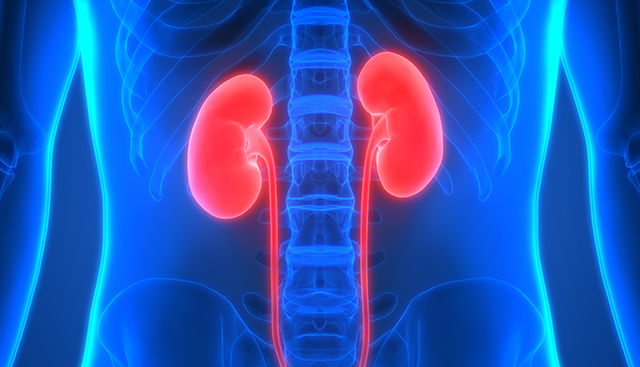
Advanced Renal Cell Carcinoma Patients Sought for Autologous Dendritic Cell Immunotherapy Clinical Trial
Scientists within the general medical community are working hard to gain a better understanding of the cellular DNA changes that lead to the development of renal cell carcinoma. Immunotherapy has shown promising results in the treatment of advanced renal cell carcinoma (RCC). These genetically modified substances work by bolstering the body’s immune system to help it identify and fight cancer. Most immunotherapies for renal cell carcinoma are checkpoint inhibitors, which help the body’s cancer-fighting immune cells (T cells) mount a stronger and longer-lasting response to cancer.
At Moffitt Cancer Center, our research expert Dr. Jad Chahoud, a medical oncologist in the Department of Genitourinary Oncology, is leading a multi-center CMN-001 study (MCC 21083.) This is an investigational, individualized, autologous cellular immunotherapy product, designed to elicit adaptive immune responses against the antigens present in the patient's own tumor tissue.
We're currently recruiting adult patients with advanced renal cell carcinoma (RCC) scheduled or soon-to-be-scheduled to receive a nephrectomy or a biopsy to participate in the CMN-001-1 study, a clinical trial sponsored by CoImmune®. "The patient would have to meet with their primary provider and receive a nephrectomy first then followed by therapy made from their RCC tissue," said Dr. Chahoud.
Key study requirements include:
- Adults (at least 18 years old) with advanced RCC who are scheduled or soon to be scheduled for nephrectomy (cytoreductive or partial) or biopsy (biopsy, core, or needle biopsy.)
- Patients who are not currently scheduled for nephrectomy or biopsy but are eligible to receive a biopsy may be eligible for the study.
- Patients who are eligible to receive standard, first-line therapy.
- Patients with no prior systemic therapy for RCC.
- Patients who have at least two or more Heng risk factors.
- Time from initial RCC diagnosis to initiation of randomized study treatment of less than one year.
For more information on the study, please click here. If you’d like to refer a patient to Moffitt Cancer Center, complete our online form or contact a physician liaison for assistance. As part of our efforts to shorten referral times as much as possible, online referrals are typically responded to within 24 - 48 hours.
